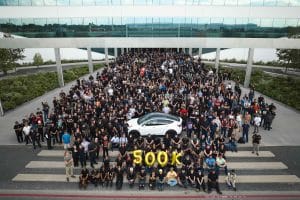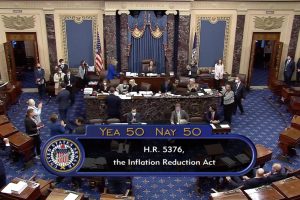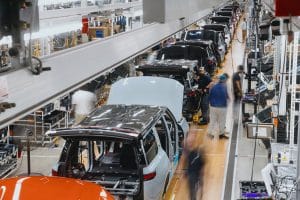The construction of the United Kingdom’s largest energy storage project has begun, and it is expected to be a true difference-maker when the supply of renewables like solar or wind is low. Located in southeast England, the facility would provide 99 MW of power that will be stored in Tesla Megapack batteries.
Megapacks are specifically designed for grid use. With a maximum energy capacity of 3 MWh per unit and built-in bi-directional inverters, thermal management system, AC main breaker, and controls, Megapacks are ideal for large-scale projects. This effectively made the giant batteries a perfect fit for Britain’s energy storage needs.
As noted in a Bloomberg report, the UK is currently in dire need of grid-scale energy storage solutions, especially following incidents such as the price spikes observed earlier this week. On Monday, energy rates surged to a record high as wind output plunged, resulting in coal and gas facilities being utilized to help the grid — for a steep price. Grid-scale batteries would have been a more preferable option.
The Tesla Megapack installation in southeast England is not the first large-scale battery in the country. Just recently, the Contego energy storage site in West Sussex, England, went live, bringing some additional stability to the area’s grid. The 34 MW / 68 MWh Contego Battery Energy Storage System is also comprised of Tesla Megapack batteries.
The demand for Tesla’s energy storage products has remained strong, with Elon Musk noting in the company’s Q2 2021 earnings call that Megapack batteries are sold out through the end of 2022. Musk added that the same is true for the company’s residential battery storage product, the Powerwall 2. According to Musk, the nature of renewables means that batteries will be needed to create a stable grid.
“As all transitions to a sustainable energy production, solar and wind are intermittent and by their nature really need battery packs in order to provide a steady flow of electricity. And when you look at all the utilities in the world, this is a vast amount of batteries that are needed. That’s why in the long term, we really think sort of combined Tesla and suppliers need to produce at least 1,000 GWh a year, and maybe 2,000 GWh a year,” Musk said.





